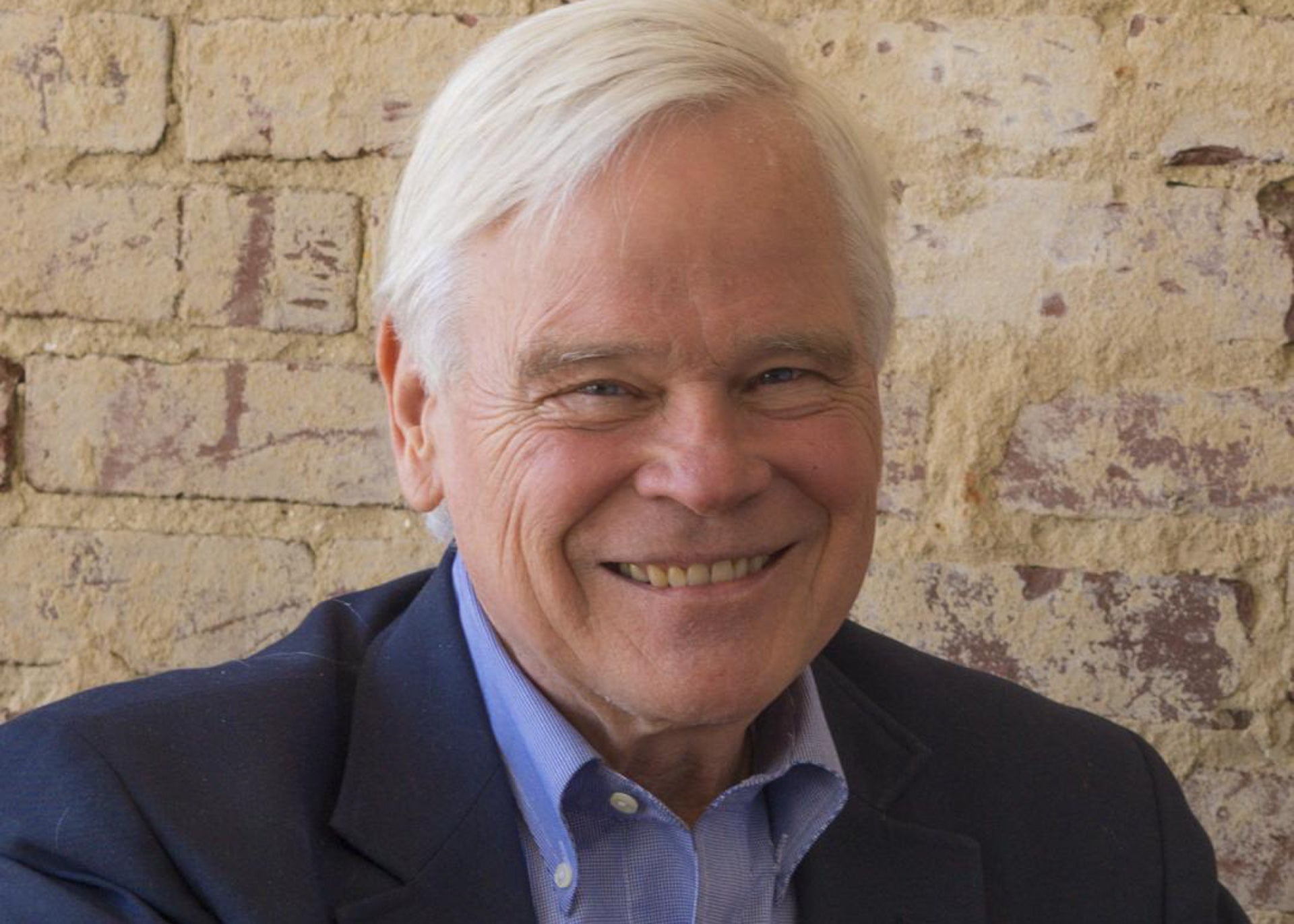One on One: Becoming our parent’s parents and our children’s children
Published 2:42 pm Wednesday, January 8, 2020

- D.G. Martin
By D.G. Martin
“How strange it is – gut-wrenchingly strange – to realize that your parents, in a snapshot taken by memory, are younger not only than you now but than your own children.”
These words from John Updike’s essay “Christmas Cards” are striking a chord in me this week.
As I grow older, Christmas is becoming, more and more, a time for this kind of reminiscing.
A few years ago, I broke all the rules of big-time college basketball etiquette by taking my barely 1-year-old granddaughter to a college basketball game. I was sure she would be misplaced, overwhelmed by the noise, frightened by the crowds and therefore cross and crying and distracting to my seatmates. But my daughter, her mother, insisted, “It will probably be OK. She likes people. I think she’ll love it.”
And she did. She clapped her hands with the fans of both teams and pressed my nose whenever the loud horn announced a timeout. She watched the air gun shoot T-shirts to the crowd, following the arched trajectory high towards the ceiling, and then grinned when she saw the lucky fans make their catches.
Her mother was right. She is a crowd-loving basketball fan – like her mother, like my wife and like my mother.
Her joyousness brought back another holiday. My father, when he was about the age my son is now, gave me a memorable Christmas present. He took me to the opening round of the old Dixie Classic in Reynolds Coliseum in Raleigh for a daylong, four-game marathon of “big time” basketball. We were together, by ourselves, in the crowd, talking about the players and the teams, as colleagues.
That long ago memory merged with my granddaughter’s first game experience, bringing all these family generations together in some sort of ritualized togetherness.
Only one thing marred my granddaughter’s first basketball experience – the appearance at the game of Santa Claus. When I saw the Carolina Blue-clad Santa, far away from us at the corner of the court tossing candy to the crowd, I excitedly pointed him out to my granddaughter, expecting, of course, her continued delight.
Instead, she burst into tears. Only after a walk in the halls and my attempts to assure her that Santa would not come near us did she settle back again to enjoy the excitement of the game.
I had forgotten how sometimes very young children’s awe of Santa turns to fright. My granddaughter’s fear of him brought back a delicious memory. This child’s own mother, my daughter, had also showed her fear of Santa when she was just a little older than her daughter is now. It was at that now long ago Christmastime that her mother and I had persuaded her to give up her pacifier.
We told her that when Santa came to bring her presents, he would, in exchange, come into her room while she was sleeping and take her pacifier back to the North Pole.
Later that Christmas Eve night, we heard the door to my daughter’s room open and then the thuds of her feet moving deliberately towards the stairs. As I rushed up to find out what was wrong, I saw her heave her pacifier down the stairs. Then, as she turned around and raced toward her room, I heard her mutter, “I don’t want Santa to come in my room!”
Wrestling with these kinds of converging memories about his parents and children, Updike says of his mother and father, “I become in my memory their parent, looking down and precociously grieving for them.”
Like Updike, I find that the experiences and memories of this Christmas season make me feel as if I were my parents’ parent – and my children’s child. Unlike Updike, for me, this mystical seasonal experience of being both parent and child, both grandparent and grandchild, is rich and full of joy.
D.G. Martin hosts “North Carolina Bookwatch,” Sundays at 11 a.m. and Tuesdays at 5 p.m. on UNC-TV. The program also airs on the North Carolina Channel Tuesdays at 8 p.m. and other times.
FOR MORE COLUMNS AND LETTERS TO THE EDITOR, CHECK OUT OUR OPINION SECTION HERE.




